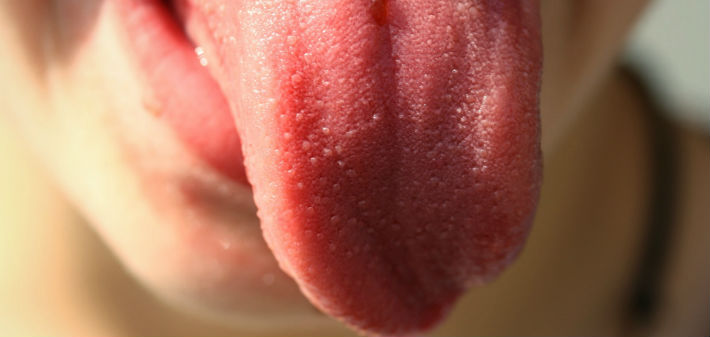What Causes Bad Breath and How Do I Prevent It?

September 11, 2014
“Morning breath” is a normal type of bad breath, but if you have chronic halitosis and other symptoms of oral disease, you need to learn what causes bad breath and how to prevent it from developing.
Most people wake up with bad breath, also known as halitosis, from time to time. In this case, bad breath is normal due to the bacteria that grows in the mouth overnight. But if bad breath becomes persistent or is unaffected by brushing and flossing, however, it may be a symptom of a more serious problem. Fortunately, by understanding what causes bad breath and what the symptoms are, you and your dentist can effectively prevent and treat halitosis.
What Causes Bad Breath?
The mouth is typically both warm and moist, creating ideal conditions for bacteria to grow and cause bad breath. This is because the saliva that usually washes away dead skin cells on your tongue dries out as you sleep, allowing bacteria to consume the cells as food. However, for those who suffer from seemingly perpetual bad breath, there may be other underlying causes. Some of the most common causes of halitosis include:
- mouth infections, such as gum disease
- consumption of certain foods, such as garlic, onions, or coffee
- neglected dental hygiene
- respiratory tract infections
- psychiatric or systemic illness
- dry mouth
Symptoms of Bad Breath
You might think that noticing you have bad breath would be easy enough, but this isn’t always the case. In fact, even if you or no one else notices it, you could still have bad breath. This is because the odor detectors in your nostrils can gradually become so accustomed to the odor of bad breath that it is no longer distinguishable to your body.
The underlying causes of bad breath are sometimes easier to identify, so if you experience swollen gums, sore throat, difficulty swallowing or speaking, or notice that your teeth are coated with plaque, you most likely will have bad breath as well as another oral hygiene problem such as gum disease or dry mouth.
Furthermore, if your bad breath is accompanied by other symptoms such as bleeding gums, this could be a sign of a bigger medical issue. In fact, these symptoms are often seen in diabetes patients, so you should speak with your dentist as soon as possible.
How to Prevent Bad Breath
Fortunately, if you have bad breath, it can be effectively treated. The first step to finding a treatment that will work for you is to see your dentist. She will be able to determine the root cause of your halitosis and suggest a treatment plan.
For instance, if your bad breath is being caused by a bacterial infection of the mouth, such as periodontal disease, then you will need to have it treated through a process known as root planing and scaling, which will remove the odor-causing bacteria from the infected pockets in your gums.
If poor hygiene is the primary cause of your bad breath, your dentist may recommend a better daily hygiene regimen that includes brushing at least twice a day, flossing, and using a mouthwash that is specifically formulated to fight bad breath.
Since bad breath can also be caused by certain foods and beverages, you should consider limiting your consumption of these foods. If you smoke or chew tobacco, you will have yet another incentive to quit as these can perpetuate your bad breath and lead to oral cancer.
As you can see, there are several factors that can lead to bad breath and many methods of treatment. If you think you have chronic halitosis, schedule an appointment with Arkansas Family Dental and speak to your dentist about how to prevent bad breath or call 501-683-8886 for more information.

Connect With
Call (501) 232-6273 or request an appointment online to set up your first visit. We’ll be in touch soon.
